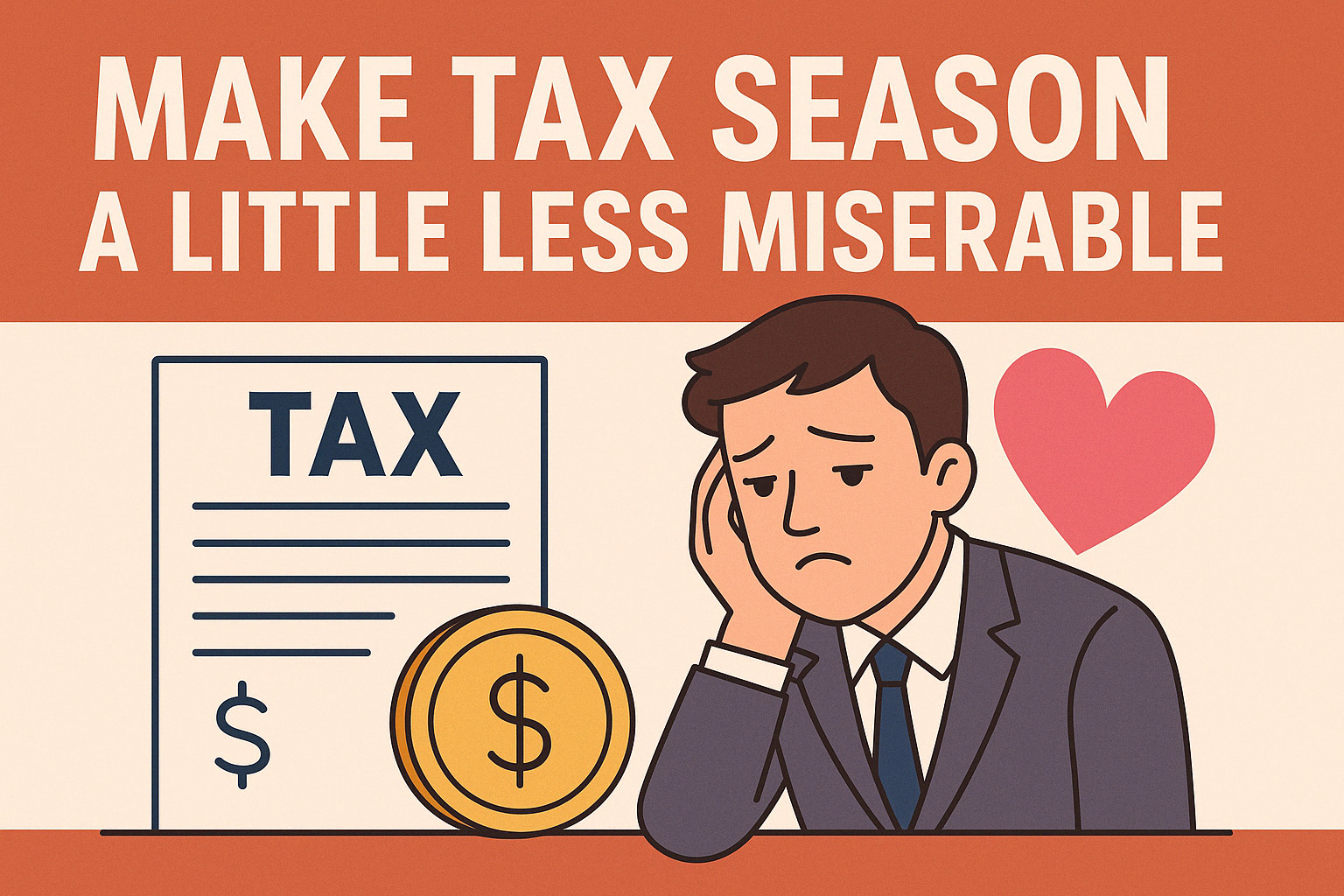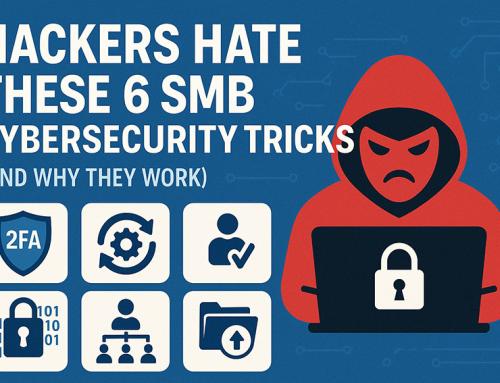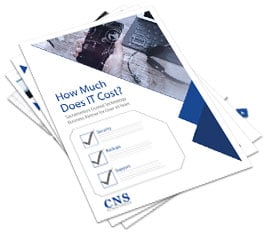
How to Avoid Tax Scams and Make Tax Season Less Miserable
February usually brings heart-shaped candy and Valentine’s Day cheer—but for business owners, it also signals the start of something far less romantic: tax season. And as if navigating forms and deductions wasn’t enough, cybercriminals are gearing up to exploit the chaos.
In fact, tax-related scams spike from January through April, with scammers impersonating IRS agents, offering fraudulent services, or filing fake claims—all designed to steal your data, identity, or money.
Why Tax Season Is Prime Time for Scams
Scammers know tax time creates the perfect storm of urgency, anxiety, and confusion. They exploit this by sending emails or texts that mimic official tax communications—often tricking even the most cautious professionals.
One of last year’s major scams involved the Employee Retention Credit (ERC). Fraudsters convinced businesses to file claims they weren’t eligible for, collecting hefty “processing fees” along the way. So many business owners were duped that the IRS launched an ERC withdrawal program to help victims avoid penalties for false filings.
To help you stay protected this season, let’s take a closer look at the most common scams—and what you can do to avoid them.


Common Tax-Time Scams and How to Avoid Them
1. Phishing and Smishing Attacks
These are fake emails (phishing) or text messages (smishing) posing as the IRS or other financial institutions. They may promise a refund or threaten legal action to get you to click a link or hand over sensitive data.
Prevention Tip:
The IRS will never contact you via email or text for personal information. Always verify suspicious communications directly with the IRS, and report phishing attempts to phishing@irs.gov.
2. Fake Help with IRS Online Accounts
Scammers offer to “help” taxpayers set up or manage their IRS.gov accounts, tricking them into revealing Social Security numbers or ID info. Once they have access, they can file fraudulent tax returns and steal refunds.
Prevention Tip:
Only create or manage your IRS account directly through IRS.gov. Never use third-party services for something this sensitive—especially if the offer is unsolicited.
3. Fuel Tax Credit Scams
The Fuel Tax Credit is only available to businesses in off-road activities like farming or construction. But scammers push fraudulent claims to businesses that don’t qualify, charging high fees for bogus paperwork.
Prevention Tip:
Don’t assume you qualify just because someone says you do. Consult a certified tax professional to ensure you’re making legitimate claims. Filing an ineligible credit can trigger penalties—or even criminal charges.
When In Doubt, Trust the Old Saying
If it sounds too good to be true, it probably is. That’s especially true during tax season, when scammers promise big refunds or tax breaks in exchange for your personal data or a hefty service fee.
Want to stay one step ahead? The IRS publishes a Dirty Dozen list every year with the latest scams and warning signs. Reviewing this list is one of the best ways to protect yourself, your team, and your business.
Make Tax Season Less Stressful—And Safer
Scams may be getting more sophisticated, but so are your defenses—if you stay informed and cautious. Work with verified tax professionals, avoid suspicious offers, and be skeptical of anyone demanding urgent action, especially over email or text.
Need help securing your systems during tax season? Our FREE Network Assessment can uncover vulnerabilities in your business and ensure your data stays safe—during tax season and beyond.





